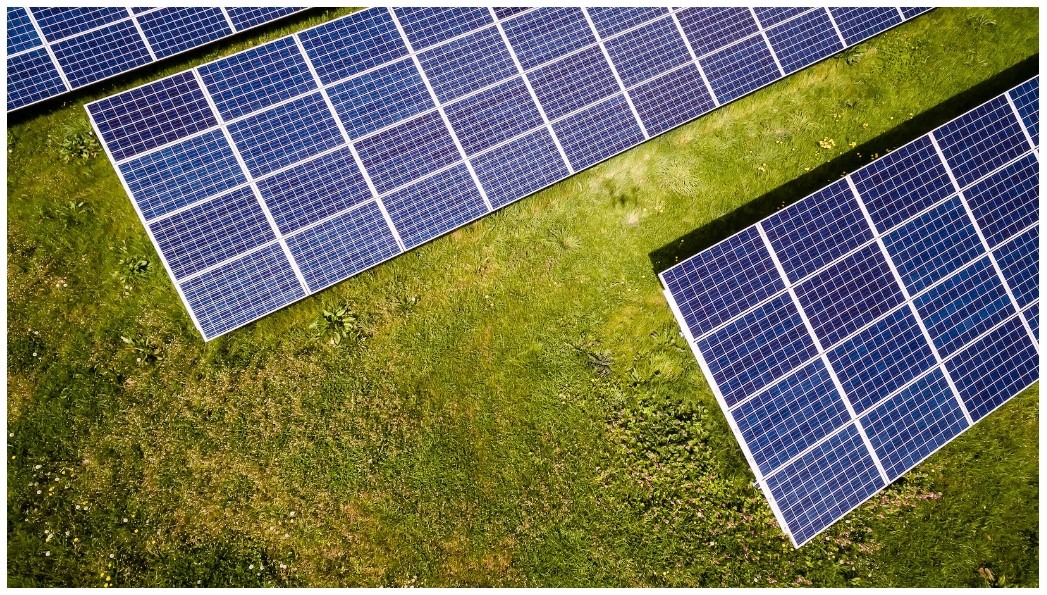Solar energy has proven itself as an energy source that’s both cost-saving and environmentally friendly. Homeowners can reduce their carbon footprint and energy costs when they switch to solar energy for their homes, and the solar incentives in Massachusetts make it easier by supplementing the solar energy costs.
While the cost of purchasing solar panels in Massachusetts is the same throughout the country, the electricity price isn’t. Residents in Massachusetts spend 25% more than the regular residential electricity in the country, Hence, the need for a solar alternative
With nearly 200 days of sunshine in Massachusetts, your solar panels will work just fine, so don’t be swayed by the myth that solar panels don’t work in such environments.
If you’re interested in making the switch, this post will take you through solar panel pricing, as well as the incentives that help you save some money
Cost of Solar Panels in Massachusetts
The average solar panel system cost ranges between $3 and $5 per watt. Given that residential buildings use an average of five kilowatts of solar systems, you can estimate the cost of solar systems between $15,000 and $25,000.
However, the exact cost depends on several factors, including the type, size, and difficulty in the installation of the solar panel.
The solar incentives in Massachusetts
Here are some solar incentives in Massachusetts for you to take advantage of:
1. Solar Property Tax Exemption
Massachusetts exempts its residents who have solar systems at home from a property tax. This property tax exemption is worth 100% of the value that the solar panel system adds to their homes and the exemption lasts for 20 years.
2. Solar Rebates and Tax Credits in Massachusetts
Solar tax credits are available within the state, as well as some other unique tax credits and rebates for residents of Massachusetts with new solar panels.
For instance, the Solar Massachusetts Renewable Target Program is one through which the State of Massachusetts pays customers of National Grid, Until, or Eversource, for every kilowatt-hour of electricity their solar panel system produces. This rate is between $0.19 and $0.31 per kilowatt-hour, and the exact cost is location and utility-provider-dependent.
The Residential Renewable Energy Income Tax Credit is another option for homeowners who have a state tax credit that amounts to 15% of their solar system cost. The maximum tax credit is $1,000.
Another alternative is the Home Solar Project Sales Tax Exemption which allows residents to save 6.25% when purchasing equipment directly connected to their solar system.
3. Federal Solar Investment Tax Credits
This is an incentive you should take advantage of before 2023 ends because it will be discontinued. Under this incentive, the Federal Solar Investment Tax Credit gives homeowners a tax credit worth 22% of their solar panel cost.
4. Local Incentives
There are several localized solar programs such as solar rebates for residents of Boston.
Homeowners who receive electricity from Eversource or the National Grid can work with their providers on net metering. This refers to a situation where your solar panels produce more energy than your household can use. The excess energy is sent to the electrical grid and you get a utility bill credit for it.
Work with the Best Solar Panel Company in Massachusetts
If you’re ready to install a solar system, consider all the companies near you while paying attention to their testimonials, reviews, experiences, license, and certifications, as well as the incentive programs they’re a part of.

